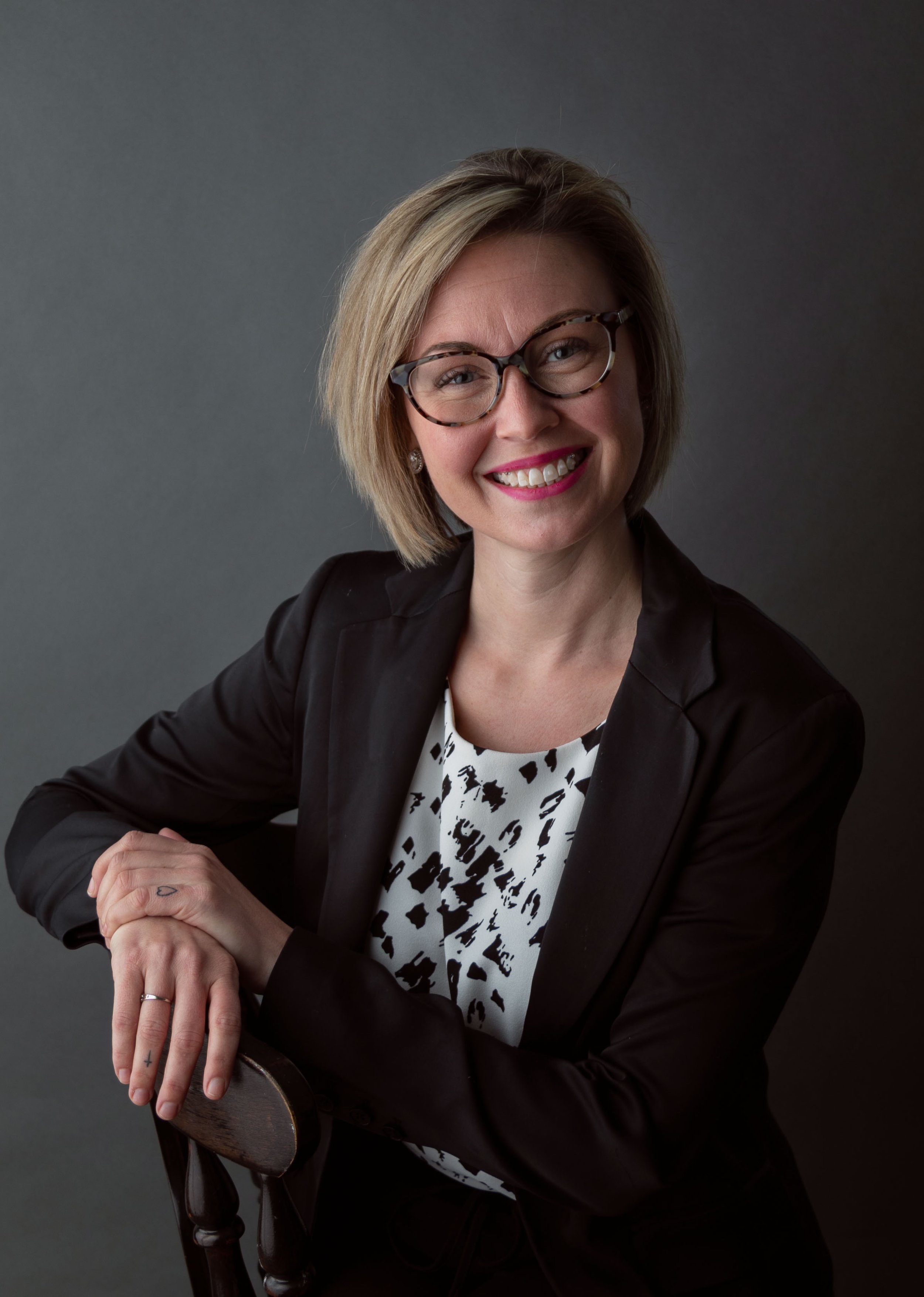“My research is heavily influenced by the field of positive psychology”: Dr. Melissa Garrett’s Research on language acquisition, personal development, and inclusive education
(Photo provided by Melissa Garrett)
“My research is heavily influenced by the field of positive psychology, particularly Deci and Ryan’s Self-Determination theory which identified the three psychological well-being needs which promote motivation. In the field of education, understanding and engaging student motivation is crucial.” ~Melissa Garrett
Ψ
*In the following article, TS refers to The Synapse and MG refers to Melissa Garrett;
TS: Could you briefly introduce yourself and what brought you to UNB?
MG: My name is Melissa Garrett, and I am an assistant professor in the Faculty of Education. I have a very long (one might say lifelong) history with UNB, particularly with the Marshall D’Avray building. Notwithstanding the play-based kindergarten pilot that I was a part of at the age of 4, I am a 4-time UNB alumnus. I graduated with my B.A. in political science in 2008, my B.Ed. in elementary education with a specialization in French second language in 2010, my M.Ed. in exceptional learners in 2018, and my PhD in educational studies in 2022. My roots are firmly planted here in Fredericton where I grew up and am now raising my own family. Prior to joining the university, I was a French Immersion teacher at the elementary level for over a decade.
TS: What is your research area or area of expertise?
MG: My doctoral research focused on the application of strength-based practices within a dual-dimensional model of inclusive education. Inclusive practice and equitable access within the context of learning and living have always been a passion of mine. Having taught in the school system for over a decade in the French Immersion program, I would be remiss in not including French second language learning as another area of passion or interest for me.
In many ways, my research bridges these two passion areas. My current research projects include exploring the creation of educator identity (i.e., developing a sense of connectedness, appreciation, competence, commitment, etc., amongst educators) among teacher candidates, as well as supporting students in the French Immersion program through the use of their strengths. Additionally I, with my colleague Dr. Josée Le Bouthillier with the Second Language Research Institute of Canada, will be identifying strength-based approaches (i.e., identifying individual students’ strengths and needs within their education) to support language acquisition and personal development of French as an Additional Language students within the Francophone sector of New Brunswick’s schools.
Within my role in the Exceptional Learners program, there continues to be great discussion surrounding the topic of inclusion. To this end, I, along with my colleague Dr. Andrea Garner, will be engaged in a research initiative to identify the common discourse on the subject of inclusive education across the country, how it is being discussed in the media, through policy documents, and by politicians and other educational stakeholders. This will be the beginning of a larger process to identify diverse and inclusive practices that can be applied in any context for an individual based on their individual needs.
TS: How are the methods/topics of your area related or applicable to psychology?
MG: To be able to more holistically support students with diverse learning needs, it is important to have an understanding of human development, and the common characteristics of exceptional learners. Within the field of education, we operate heavily using Vygotsky’s Zone of Proximal Development (ZPD) as a way of understanding how best to scaffold instruction to allow students to develop competencies and grow in their knowledge, understanding, and skills. The inner ring of the ZPD model illustrates at which point a student is able to work autonomously without support. No new learning or growth is being achieved at this level. Similarly, the outer ring of this model illustrates activities and learning tasks which are beyond a student’s abilities, even with the provision of support. The “sweet spot” is there in the middle where students are being presented with new content which will extend their learning and development but, with support, is achievable.
The Exceptional Learners program could also be considered to be a program in Educational Psychology. This branch of Psychology focuses on human learning and development. Throughout our course planning and delivery, we explore various theoretical perspectives (cognitive, behavioural, humanistic, biological, ecological) and consider students within their individual contexts and lived experiences to understand how best to support their learning and development.
My research is heavily influenced by the field of positive psychology, particularly Deci and Ryan’s Self-Determination theory which identified the three psychological well-being needs which promote motivation. In the field of education, understanding and engaging student motivation is crucial.
TS: Which courses or research topics in your area would you recommend to psychology students? Why?
MG: Because of the scope of our graduate program, there would be several courses that are offered that would be of great interest to psychology students looking for both theoretical perspectives and applied practices. While these courses are situated within the context of education, many foundational educational psychology concepts are explored. We have a course entitled “Exceptional Learners” which not only discusses the prominent characteristics of various exceptionalities, it also frames the individual in relation to their strengths and interests. We also have a course that focuses on evidence-based practices across the vast expanse of educational psychology. It is an independent study, or as I like to call it a “passion project” which allows students to explore in depth a particular area in the field, reviewing the literature, consulting professional practitioners, and developing better practice statements for enhancing the experience of students throughout their learning journeys. Ψ
Created for The Synapse by Jake Taylor.
